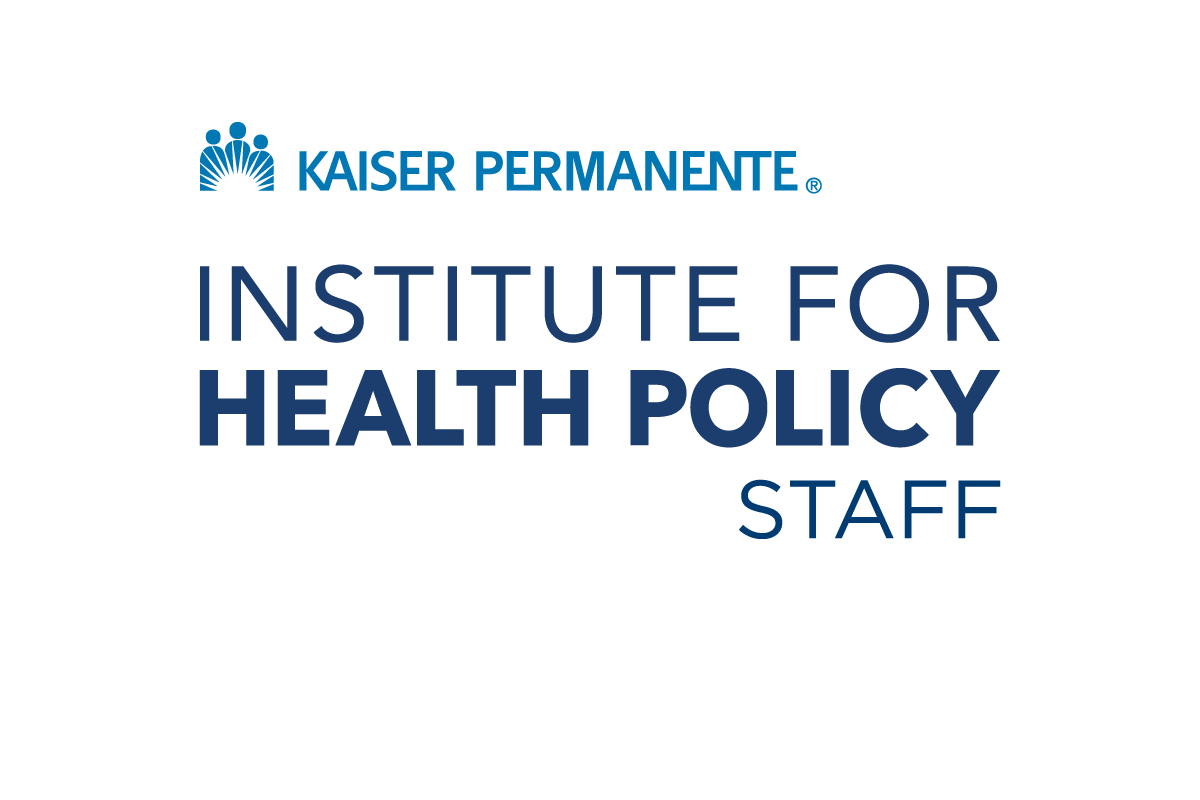A July 2015 Perspective in the Journal of Academic Medicine is co-authored by former senior director of the Institute for Health Policy, Beth Roemer, MPH, along with Theresa Azevedo, and Bruce Blumberg, MD.
The piece explains how in the era of the accountable care organization, U.S. models of physician practice are shifting from the solo, independent practitioner to the physician who is part of a multi-specialty group practice or is employed by a health care institution, and from paper-based small offices to practice settings that emphasize technology-enabled, team-based systems of care.
In this light, Kaiser Permanente’s (KP’s) long experience as an integrated, population-based health care delivery system makes it an increasingly relevant model in which to consider how graduate medical education (GME) can best prepare physicians for 21st-century health care. KP’s multiple perspectives-as a GME setting, a health care delivery system, a health research enterprise, a community benefit organization, and the nation’s largest private, multispecialty group practice of physicians-provide a multifaceted opportunity to consider GME in the context of health care transformation. The authors suggest that all participants in medical education have a role to play in preparing physicians for this future. They recommend that partnerships between universities and health care delivery systems serve as a highly effective model for education; that to better serve the needs of society, medical education institutions must adopt a broad community benefit mind-set; and that, when medical groups and other institutions that employ physicians take the baton from GME, they need to commit to ongoing development and lifelong learning to enable their new physicians to reach their full potential.
